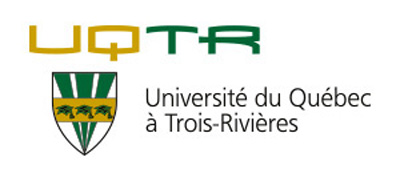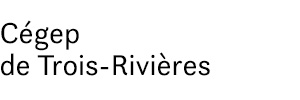Related projects
Discover more projects across a range of sectors and discipline — from AI to cleantech to social innovation.
Mitacs brings innovation to more people in more places across Canada and around the world.
Learn MoreWe work closely with businesses, researchers, and governments to create new pathways to innovation.
Learn MoreNo matter the size of your budget or scope of your research, Mitacs can help you turn ideas into impact.
Learn MoreThe Mitacs Entrepreneur Awards and the Mitacs Awards celebrate inspiring entrepreneurs and innovators who are galvanizing cutting-edge research across Canada.
Learn MoreDiscover the people, the ideas, the projects, and the partnerships that are making news, and creating meaningful impact across the Canadian innovation ecosystem.
Learn MoreSociety is in a constant quest for new advanced materials. Whether it be a material harder than diamond, more conductive than silver, or more insulating than aerogel, new advanced materials feed technological innovation.
The classical way to design new materials is through experiments. Experiments are expensive, slow, potentially hazardous, and require a significant amount of human expertise and intervention. Success can often be directly attributed to the skill of the individual experimentalist and the particular equipment employed. However, these two success factors are often also the two greatest limitations on the materials that can be discovered.
Very recently, a new paradigm has emerged in the design of new advanced materials: rational design. Rational design of materials refers to the use of computer simulation, through the solution of quantum mechanical models, in order to predict the properties of a material from its molecular structure. The idea is that if a mathematical model can reliably predict the properties of a material, one can use supercomputing to efficiently search the space of possible molecules and their positions to construct materials that have optimal properties. Rational design reduces the propose-test-modify cycle and gets new materials from the laboratory to the marketplace in far less time than traditional methods do. Rational design is already an indispensable part of the aerospace, automotive, and pharmaceutical industries.
In this project, we propose to discover new advanced materials that can be fabricated under high pressure and have superior material properties such as hardness, thermal power, ductility, and malleability. A significant advantage of developing our own software for this problem is that we can incorporate aspects like cost of manufacturing or impact on provincial or national economies. So for example, a material it may be more valuable to discover a material that is only 80% as hard as diamond but costs only 20% as much to fabricate than it is to discover a material that is harder than diamond.
Raymond Spiteri
Vishal Subbiah
Computer science
University of Saskatchewan
Globalink
Discover more projects across a range of sectors and discipline — from AI to cleantech to social innovation.
Find the perfect opportunity to put your academic skills and knowledge into practice!
Find ProjectsThe strong support from governments across Canada, international partners, universities, colleges, companies, and community organizations has enabled Mitacs to focus on the core idea that talent and partnerships power innovation — and innovation creates a better future.













































































































































































































































































































